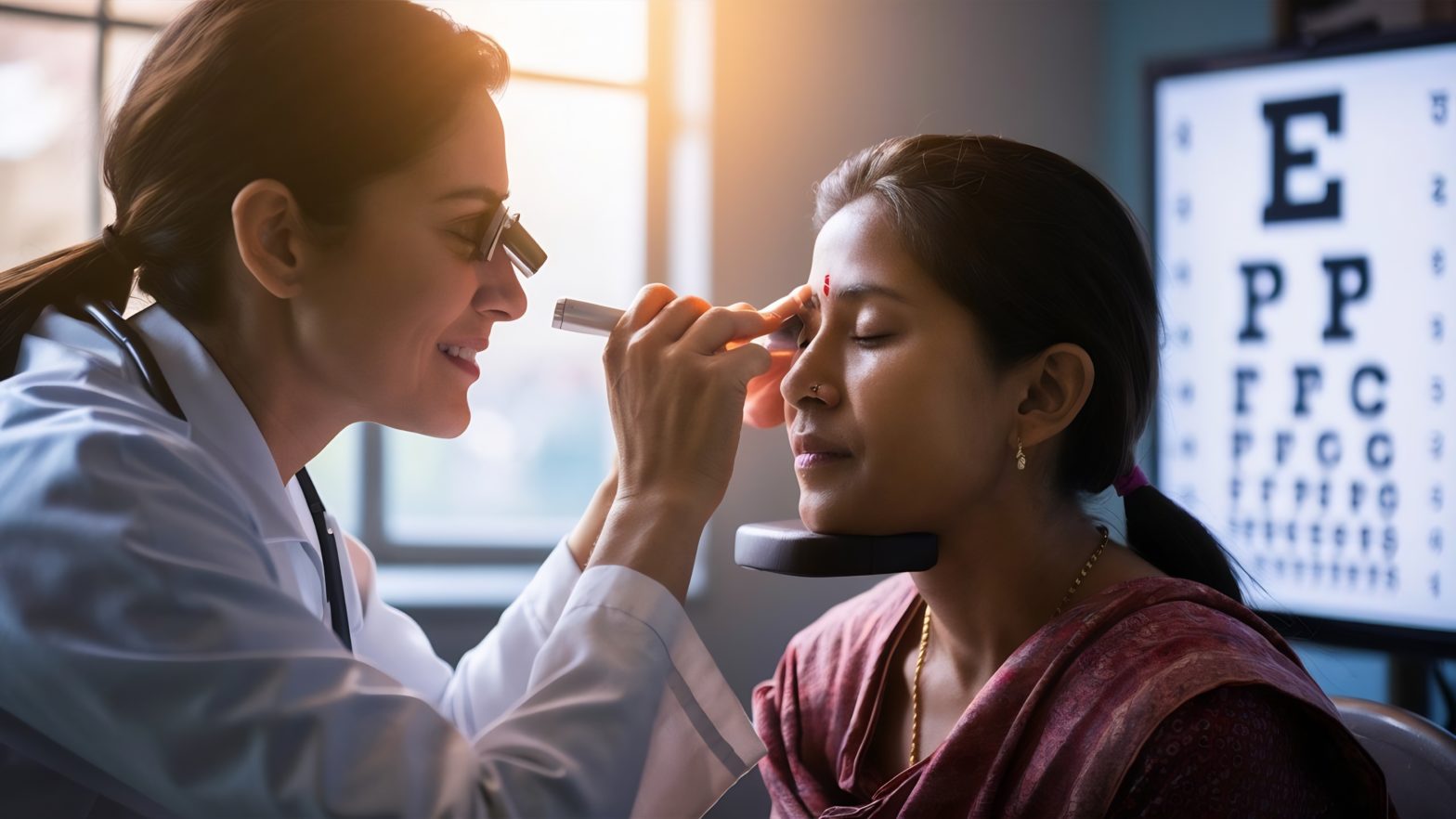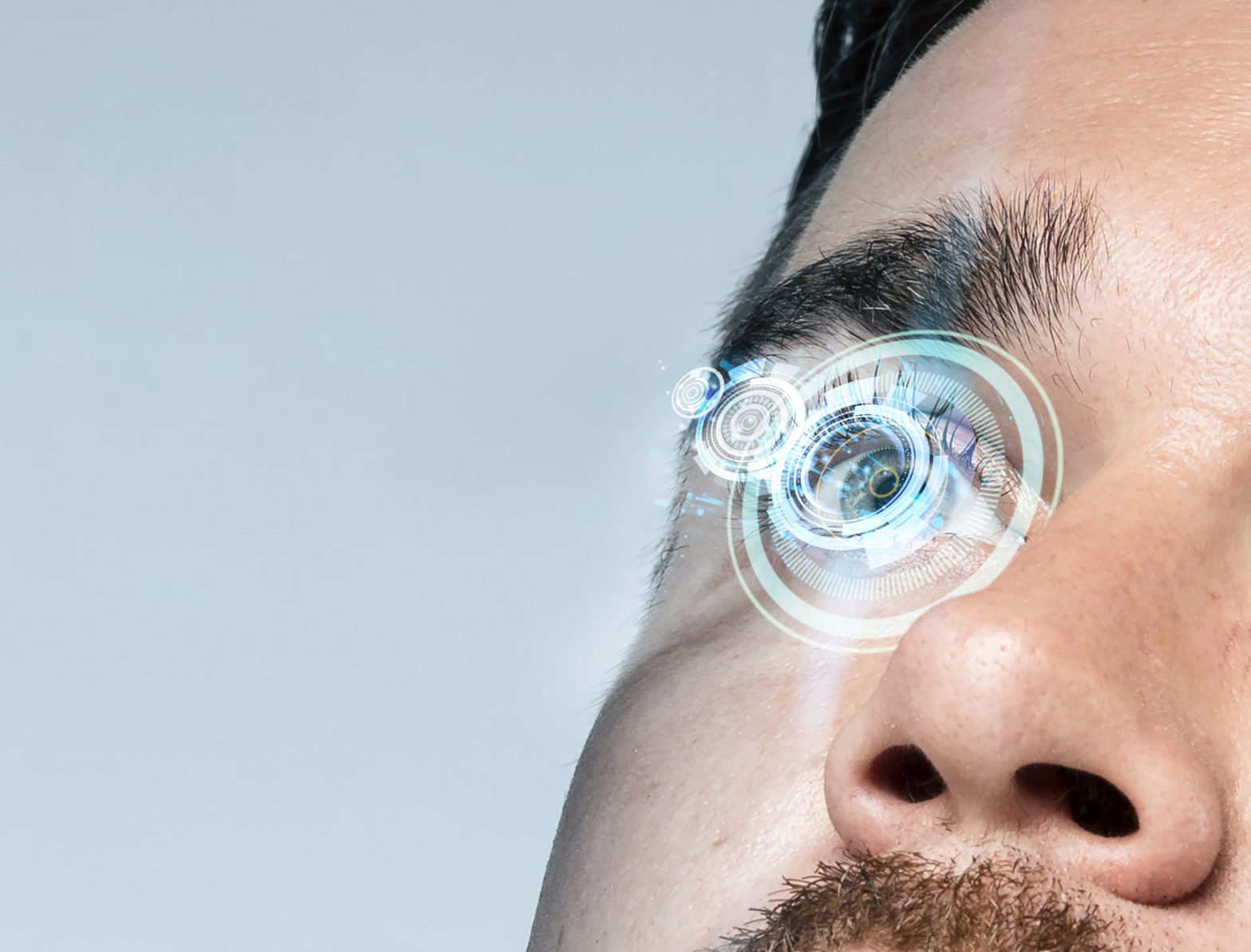We have all heard people saying carrots are good for your eyes, eat your colours, take nutritional supplements for your eye health etc. The present day lifestyle involving excessive use of electronic gadgets and busy schedules with skipping our meals, takes a toll on our eye health. Our eyes being the most complex and sensitive organ, requires different vitamins for good eyesight. These need to be consumed in adequate quantities for proper functioning of the eye and for preventing structural or functional damage.
Here is a list of the essential vitamins for the eyes, to keep them healthy and sparkling.
VITAMIN A
Important vitamins for the eyes include Vitamins A, also called Retinol. It plays an important role in keeping the eye moist and protects the surface of your cornea.
Do you know deficiency of which vitamin causes night blindness?
It’s Vitamin A. Vitamin A helps the eye in adjusting the light changes when you come from light to dark and vice versa. It promotes good vision in low lighting conditions.
It also protects the retina against degeneration. Hence, Vitamin A is a vitamin required for maintaining good eyesight.
Sources rich in Vitamin A include –
Vegetables: Carrots, broccoli, spinach, leafy vegetables, yellow veggies, bell peppers and pumpkin.
Eggs and cod liver oil.
VITAMIN B
B complex vitamins includes Vitamin B1, B2, B3, B6 and B12.
These vitamins act as antioxidants, reducing the oxidative stress and protects the eyes from free radical damage. They protect the cornea and retina against inflammatory and degenerative changes.
They also provide protection against glaucoma (A condition where the intra ocular pressure increases and damages the optic nerve causing visual disturbances)
Sources rich in Vitamin B include –
Vegetarian sources: Leafy vegetables, legumes, milk, yogurt and sun flower seeds.
Non vegetarian sources: Chicken, turkey, salmon, liver and other organ meats and pork.
VITAMIN C
Vitamins for the eyes also include Vitamin C which is a powerful antioxidant. It protects your eyes against damaging free radicals. It is also required for collagen synthesis and wound healing particularly in cornea and sclera. It helps in reducing the risk of cataract and age related degeneration of the retina.
Sources rich in Vitamin C include –
Fruits: Orange, grape, kiwi, mango, pineapple, papaya, watermelon, strawberries, blueberries, raspberries.
Vegetables: Green and red peppers, broccoli, cauliflower, spinach, sweet potato, turnip, cabbage, leafy greens and tomatoes.
VITAMIN D
Vitamin D is a vitamin good for eyes. This has anti-inflammatory properties and protects the eyes against dryness, cataract formation and retinal degeneration.
Sources rich in Vitamin D include –
Egg yolk, cow’s milk, soy milk, cod liver oil and salmon.
VITAMIN E
Many eye conditions are believed to be associated with oxidative stress, which is an imbalance between antioxidants and free radicals. Vitamin E is hence important among the vitamins for the eyes. It is also a potent antioxidant that helps protect your eyes against free radical damage and thus protects early cataract formation and retinal degeneration.
Sources rich in Vitamin E include –
Avocado, leafy vegetables, nuts, sunflower and soya bean oil.
LUTEIN AND ZEAXANTHIN
Lutein and Zeaxanthin are a part of the carotenoid family, a group of beneficial compounds synthesized by plants. These carotenoids are found in the retina of your eyes, where they help filter potentially harmful blue light coming from the electronic devices.
Sources rich in Lutein and Zeaxanthin include carrots, leafy vegetables, broccoli, pistachios, pumpkin and Brussel sprout.
OMEFA- 3-FATTY ACIDS
Omega- 3- fatty acids are a type of polyunsaturated fats which have anti-inflammatory properties. They protect the retina against diabetic retinopathy changes. They also benefit individuals with dry eye disease by helping them produce more tears.
Sources rich in Omega-3-fatty acids include –
Fish, flaxseeds, chia seeds, soy, nuts and olive oil.
Thus it is very important to consume a balanced diet rich in fruits, vegetables, whole grains, and healthy fats that will provide you all the vitamins for eye health. While a balanced diet will eliminate the need for even the best supplement for eyesight improvement, supplements would be beneficial if you are missing any of these vitamins for eyesight in your diet.
What eye problems can occur due to vitamin deficiency?
Vitamins play a crucial role in maintaining eye health. A deficiency in essential vitamins can lead to various vision-related issues, some of which can become severe if left untreated. Here’s a look at common eye problems caused by vitamin deficiencies:
- Night Blindness (Nyctalopia) – Vitamin A Deficiency
Cause: Lack of vitamin A leads to poor functioning of the retina in low light conditions.
Symptoms: Difficulty seeing in dim light or darkness, dry eyes, and increased sensitivity to light.
Sources of Vitamin A: Carrots, sweet potatoes, spinach, eggs, and dairy products. - Dry Eyes – Vitamin A and Omega-3 Deficiency
Cause: Inadequate vitamin A and omega-3 fatty acids reduce tear production, leading to dry eyes.
Symptoms: Redness, irritation, and a gritty sensation in the eyes.
Sources of Vitamin A & Omega-3: Fatty fish (salmon, tuna), flaxseeds, nuts, and green leafy vegetables. - Blurred Vision – Vitamin B12 Deficiency
Cause: Vitamin B12 is essential for nerve function, and its deficiency can damage the optic nerve.
Symptoms: Blurry vision, light sensitivity, and eye fatigue.
Sources of Vitamin B12: Meat, fish, dairy products, and fortified cereals. - Cataracts – Vitamin C and Vitamin E Deficiency
Cause: Antioxidants like vitamins C and E prevent oxidative stress, which contributes to cataract formation.
Symptoms: Cloudy or blurred vision, glare sensitivity, and faded colors.
Sources of Vitamin C & E: Citrus fruits, almonds, sunflower seeds, and bell peppers. - Macular Degeneration – Lutein, Zeaxanthin, and Zinc Deficiency
Cause: These nutrients protect the retina from damage caused by blue light and aging.
Symptoms: Blurred central vision, difficulty recognizing faces, and dark spots in vision.
Sources of Lutein, Zeaxanthin & Zinc: Green leafy vegetables, eggs, shellfish, and nuts. - Optic Neuropathy – Vitamin B Complex Deficiency
Cause: Deficiency in B vitamins (B1, B2, B6, B12) affects the optic nerve.
Symptoms: Vision loss, color vision problems, and eye pain.
Sources of Vitamin B Complex: Whole grains, legumes, dairy, meat, and eggs. - Retinopathy – Vitamin D Deficiency
Cause: Vitamin D deficiency weakens the blood vessels in the retina, leading to diabetic retinopathy.
Symptoms: Dark spots, floaters, and vision loss over time.
Sources of Vitamin D: Sunlight exposure, fortified milk, fatty fish, and mushrooms.
How to Prevent Vitamin Deficiency-Related Eye Problems?
Maintain a balanced diet rich in vitamins A, B, C, D, and E.
Include omega-3 fatty acids and antioxidant-rich foods in your meals.
Get regular eye check-ups to detect deficiencies early.
Take supplements if recommended by a doctor.
By ensuring proper vitamin intake, you can protect your eyes and maintain good vision for life.








